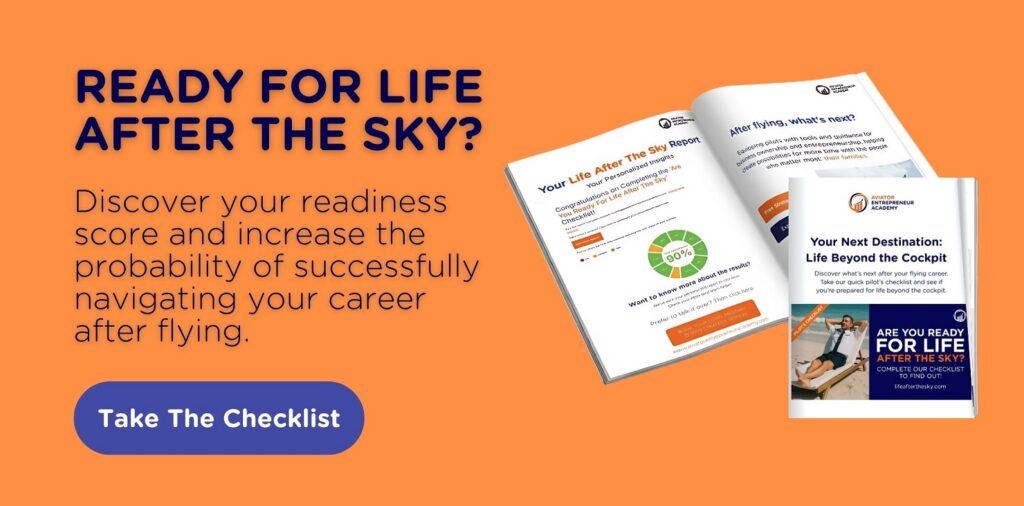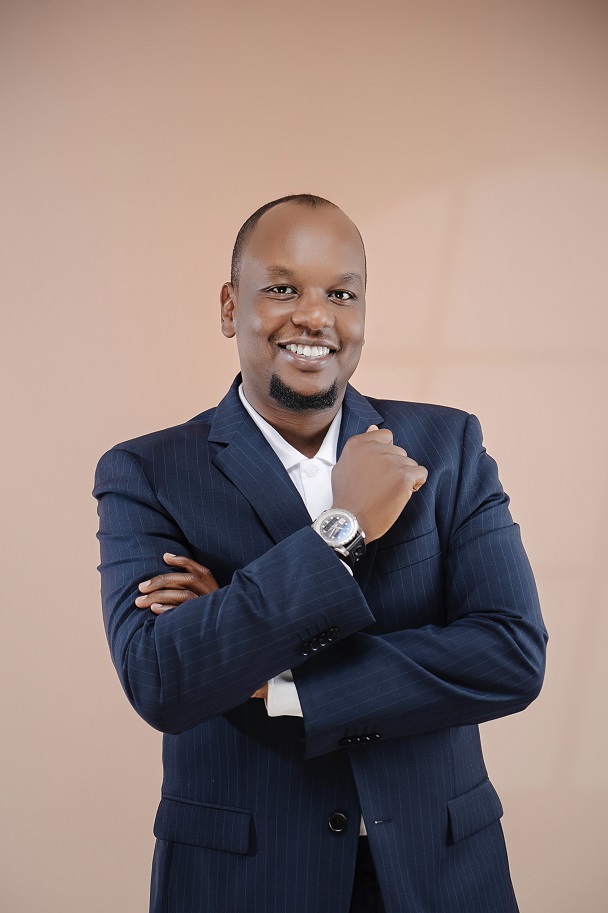We tell our kids to be ambitious, to follow their dreams. But often, the map we hand them is the same one we were given decades ago:
Study hard. Get a secure job. Climb the ladder. Retire at 60.
As pilots, we know how quickly the world can shift. Yet when it comes to preparing the next generation, we still default to the old script.
Maybe it’s time to ask, are we preparing them for our past, or their future?
It’s time to navigate success by today’s stars, not yesterday’s charts.
Key Takeaways
- The 40-year career is over: The traditional long-term job model no longer fits. With technology changing fast, over 60% of workers will need to learn new skills by 2027.
- Ask better questions at home: Instead of focusing only on school results, ask questions that spark curiosity: “What problem did you solve today?” or “What do you wish existed?”
- Every life is a startup now: People who start before they’re ready are rewarded. Teach kids to build, test, and adjust. Value isn’t about titles anymore, it’s about impact.
- Urgency is not stress; it’s a signal: The pace of change can feel scary, but it’s an opportunity. Children should learn that acting and learning quickly is how they grow.
- Don’t wait for the perfect time: You already know how to handle turbulence. Show your kids that life is about staying updated and acting with clarity, even when things are uncertain.

The Long Arc Career is Dead
There was a time when the script of a 40-year flight plan made sense. We picked a profession, climbed the seniority ladder, earned respect, and retired with stability. Pilots, in many ways, lived the perfect version of that model.
That map, however, no longer aligns with today’s reality. Studies indicate that more than 60% of employees worldwide will require significant reskilling by 2027. The rapid advancement of technology across all sectors is shortening the shelf life of skills.
Even in aviation, we’re seeing a shift toward modular licensing and flexible contract flying. New opportunities are emerging beyond the cockpit, such as drone operations and aviation data consulting.
Why Schools Still Teach to a World That No Longer Exists
The traditional education system still runs like a legacy airline: structured, slow to pivot, and built for an era that’s long gone.
Today’s schools don’t teach what the modern world demands. A World Economic Forum report on “Skills for 2030” revealed that critical thinking, emotional intelligence, and tech adaptability are now more valuable than memorization.
Yet these aren’t priorities in most school curricula.
How Pilots Can Equip Their Kids for the Future
Pilots operate in a high-trust, high-performance environment. It’s no different than the future our kids are heading into. It rewards people who are prepared, adaptive, and willing to take initiative.
That’s why pilot families are in a unique position. So, how can we equip our children to thrive in a world that’s being rewritten in real time?
Tech Mindsets, Not Just Manners
We start by helping our kids build mental checklists, not just polite routines. Instead of only asking, “How was school?” ask:
- What problem did you solve today?
- What did you learn that didn’t come from a book?
- What’s something you wish existed?
These questions spark curiosity and creative thinking.
Put Real-World Thinking on the Table
Too many young people arrive in adulthood not knowing how the real world works. As a parent, we can start early by involving them in basic budgeting for family travel. Give them a small sum to “invest” in a simple business idea.
We can also use our flight schedule to explain time-value tradeoffs, opportunity costs, and income diversification.
This kind of early ownership changes everything.
Our Life is a Startup (Whether We Know It or Not)
In a startup world, we don’t wait until everything is perfect. We ship early, test fast, and adapt constantly. The same should be true for our life and our career.
Whether we’re 19 or 59, we’re always in launch mode.
Think about it: What’s your pitch? What value do you bring? Where do people “invest” in you?
These aren’t just questions for founders. They’re life questions.
In a post-AI world, knowing how to market yourself, build systems, and solve real problems will matter far more than job titles.
From the perspective of pilots, they not only fly, they make decisions under pressure. So, just imagine if our life worked like that, too? Focused and ready for change.
Mentorship, Not Just School, is the Real Accelerator
Some of the greatest breakthroughs don’t come from classrooms. They come from cockpit conversations, hangar apprenticeships, and real-world expereince.
In fact, according to a study, mentorship increases career readiness by 40% for university graduates. It also reduces dropout rates and long-term career anxiety.
You can read a hundred pages on leadership, but five minutes with the right person changes everything. That’s the power of mentorship.
It’s one of the most overlooked forces in how children learn to navigate life.
Real development comes from watching someone solve a problem in real time. It comes from observing how people think, how they communicate under pressure, and how they make decisions when the answers aren’t obvious.
But what about the people who don’t have access to mentors?
Podcasts, newsletters, and niche online communities are today’s “digital libraries,” where learning is always alive.
You didn’t learn to fly from a textbook alone. Neither should they learn to live that way.
The World Won’t Wait and That’s a Good Thing
The pace of change is staggering. AI can write, code, design, and diagnose now. In fact, generative AI now has the potential to automate 60-70% of the tasks in different industries.
This shows that markets shift in months, not decades. It can feel overwhelming but it’s also empowering. Because if the rules are changing fast, it means we don’t have to wait for permission anymore.
We don’t need to wait for a degree to start. And we don’t need decades to become valuable. What we need is responsiveness.
Teach our kids that urgency is not stress, it’s a signal. The signal that our window is open, and action is our altitude.
Pilots don’t wait for perfect skies. They fly with clarity and constant updates. Teach life the same way.
Your Next Flight Plan Starts Now
As a pilot, we already know how to operate under pressure and land safely no matter the turbulence.
Now is the time to put that mindset forward.
To show our kids, our crew, our younger self that the runway is already beneath them.
We don’t need more time. We need more alignment.
Invitation to join our FREE Strategy Session
Most pilots are one honest conversation away from clarity. This is that conversation.
Complete our “Life After the Sky” checklist, then join me for a FREE 15-minute “Strategy Session” via Zoom.
This session has been created for pilots who want to take ownership of what comes next.
Those who want action, not just to talk about it.
In just 15 minutes, we’ll:
- Review your checklist results
- Identify the one obstacle holding back your reinvention
Translate your checklist results into a clear starting point
Start your pre-flight assessment for the next chapter of your journey by Booking your free strategy session here!



